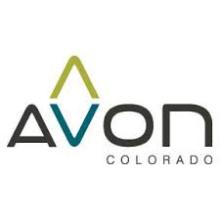Avon, Colorado Will Join ‘Project Thor’ Middle Mile Coalition
Avon, Colorado will soon be joining Project THOR, an open access middle mile fiber alliance of 14 communities spearheaded by the Northwest Colorado Council of Governments (NWCCOG).
The network, which feeds into NWCCOG’s Point of Presence in Denver, has dramatically benefited state anchor institutions and boosted network reliability across large swaths of Northwest Colorado.
We detailed Project Thor and talked with NWCCOG Executive Director Jon Stavney in episode 406 of the Community Broadband Bits podcast. “The image of the hammer and breaking down roadblocks and breaking down barriers really worked,” NWCCOG officials told the Colorado Sun when asked about the project being named after the Norse god of thunder.
A recent broadband assessment (page 50) of Avon conducted by an outside consultant found that Avon locals were annoyed by limited broadband competition, high prices, and a lack of reliability from current private sector broadband offerings. The survey also found locals would be supportive of a city-run broadband initiative if it meant lower prices and faster service.
“We believe the installation of a fiber optic network to enable improved broadband service is appropriate and beneficial in Avon and deployment should commence in the near term so that Avon does not fall too far behind peer communities,” the report found.





